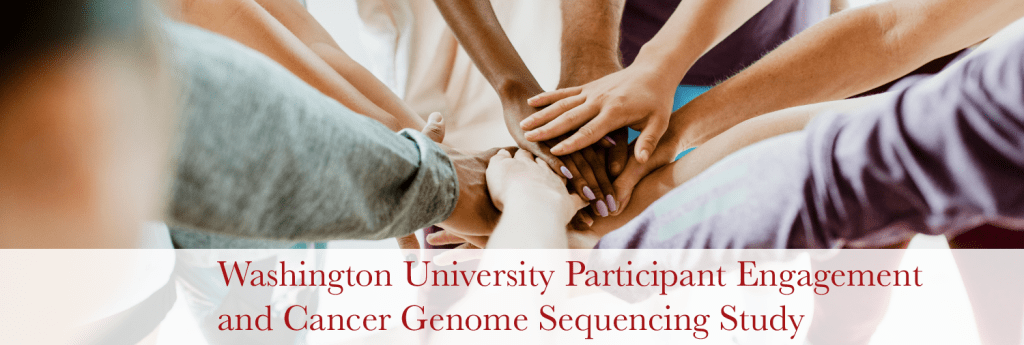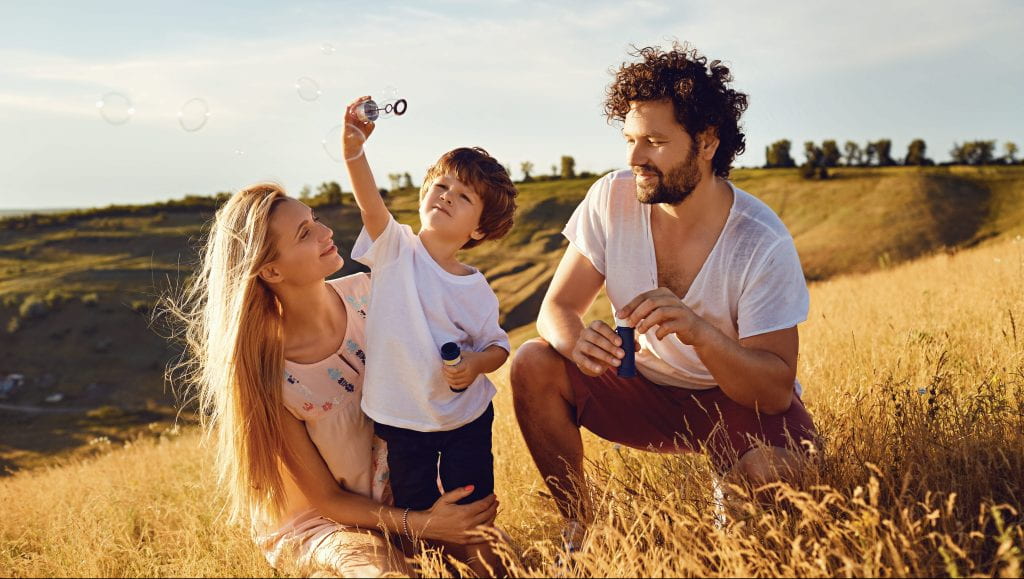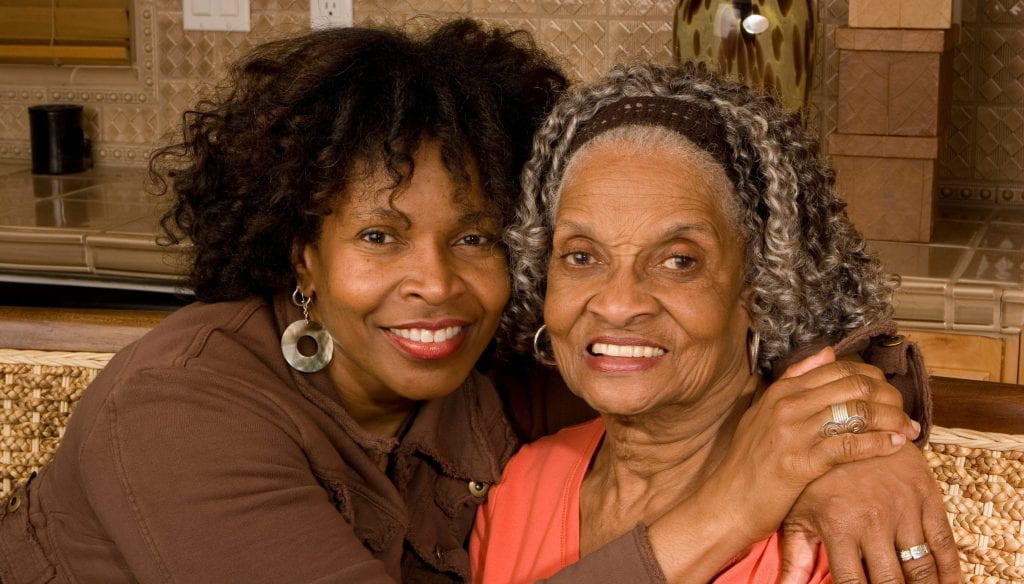
Working Together to Improve
Access & Care in Cancer
There’s been great progress in treating cancer over the last decades. But, unfortunately, not all groups have benefited equally.
Our study’s goal is to learn from – and work with – participants so we can help improve access and care in groups with rare and understudied cancers.
The Washington University Participant Engagement and Cancer Genome Sequencing (WU-PE-CGS) study uses a many-layered approach – including genetic testing – to fill important gaps in what we know about: Cholangiocarcinoma (bile duct cancer); Colorectal cancer in Black Americans age 65 and under; and Multiple myeloma in Black Americans.
Cancers in Our Study
Cholangiocarcinoma (Bile Duct Cancer)

You can take part in the WU-PE-CGS study if:
- Diagnosis of cholangiocarcinoma (bile duct cancer)
- Diagnosed at age 18 or older
Colorectal cancer in Black americans age 65 and under

You can take part in the WU-PE-CGS study if:
- Diagnosis of colorectal cancer
- Diagnosed between ages 18 – 65
- Identify as Black American
Multiple myeloma in Black americans

You can take part in the WU-PE-CGS study if:
- Diagnosis of multiple myeloma
- Diagnosed at age 18 or older
- Identify as Black American
Why Join Our Study?
Be a part of important research that can help
improve access & care in cancer.
We are inviting patients and survivors of these three cancers from around the country to be part of this study. This research study involves surveys and interviews, a review of previous medical records, and a genetic test of previous biopsy tissue. No extra patient visits or procedures are needed. In addition to helping advance research to narrow disparities in cancer, participants receive the option to get genetic testing results and genetic counseling.
What are you asked to do if you take part in the WU-PE-CGS study?
- Complete a small number of surveys and interviews over the length of the study (up to 4 years).
- Allow study researchers to review your medical history, health records, and results of cancer-related testing.
- Allow collection and genetic testing of a small sample of your cancer tissue, biopsy blood collection, or bone marrow from the health system where you had your cancer care.
- Provide small blood samples (up to six ) or saliva samples for genetic testing.
What do you get if you take part in the WU-PE-CGS study?
- Be a part of important research that can help improve access and care in cancer.
- Option to get results of genetic testing.
- Option to receive genetic counseling.
- No cost to participate.

How Do I Join the WU-PE-CGS Study?
Email: pecgs@wustl.edu
Phone: 314-273-2434
Meet Our Team
We hope to learn from the participants about what’s important to them in their cancer decision-making.
Bettina Drake, PhD, Co-Director, Co-Principal Investigator
The WU-PE-CGS study team has a long and outstanding record of working to improve access and care of understudied and rare cancers.


Principal Investigators:
Graham A. Colditz, MD, DrPH, Co-Director and Contact Principal Investigator | Division of Public Health Sciences
Li Ding, PhD, Co-Director, Co-Principal Investigator
Bettina Drake, PhD, Co-Director, Co-Principal Investigator
Ryan Fields, MD, Co-Director, Co-Principal Investigator
Clinical Coordinators:
Alisha Cannon, BA
Danielle Grasso, MBA, BSN, RN
Alicia Voegtli, BSN, RN
Participant Engagement Advisory Board:
Study participants play a key role in helping to develop and improve components of the study. This helps the WU-PE-CGS study meet the needs of its participants, as well as their families, loved ones, and healthcare teams. Please contact us if you’re interested in being part of the WU-PE-CGS Participant Engagement Advisory Board (PEAB).
Patient Advocacy Partners:
Fight Colorectal Cancer (Fight CRC)
Multiple Myeloma Research Foundation (MMRF)
Questions About Our Study?
Here are some answers
How does this study help improve access and care in cancer?
Our study’s goal is to learn from – and work with – participants so we can help improve access and care in groups with rare and understudied cancers. The study hopes to grow the genetic knowledge in these groups.
Who is funding this research study?
The WU-PE-CGS study is funded through the National Cancer Institute, with a goal to accelerate the rate of progress in cancer research and treatment. It is also supported by the Foundation for Barnes-Jewish Hospital.
Why do people participate in this study?
There are many reasons people may participate. They may be interested in helping advance understanding of cancer. They may be interested in receiving genetic testing results and genetic counseling. Finally, they may want to have a greater involvement in the way cancer research is done.

X/Twitter: @WashU_PECGS
Division: Public Health Sciences
Email: pecgs@wustl.edu
Phone: 314-273-2434